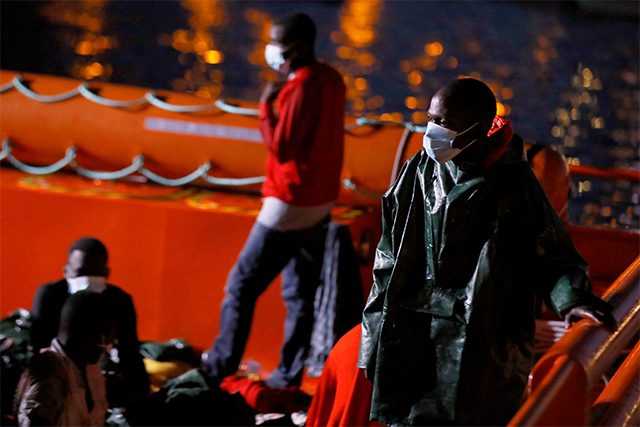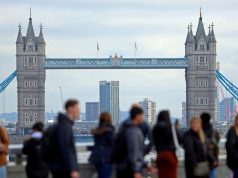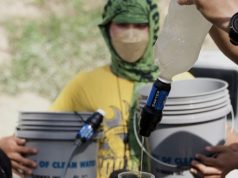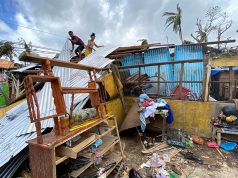
BOGOTA (Thomson Reuters Foundation) — From Australia to Egypt, migrants and refugees have been especially hard hit by job losses and economic pain during the coronavirus pandemic, with many struggling to access healthcare and state aid, a survey showed on Tuesday.
The survey, published in a report by the Red Cross Red Crescent (RCRC) Global Migration Lab, included 3,250 interviews with migrants in eight countries – Australia, Colombia, Egypt, Ethiopia, the Philippines, Sudan, Sweden and Britain.
Migrant workers are over-represented in hard-hit sectors such as food production and hospitality, meaning they have been disproportionately affected by layoffs and wage losses linked to COVID-19, the report said.
Migrants also make up a significant share of key workers in healthcare, scientific research, food supply chains, and those making personal protective equipment (PPE).
Yet the pandemic has led to the “intentional exclusion of migrants from COVID-19 prevention and support programs”, such as government cash transfers, the report said.
In Australia, nearly 90% of migrants surveyed online said they were financially worse off because of the pandemic, while in Egypt, nearly 80% said their income had fallen by between 70% and 100% due to COVID-19 restrictions.
In Africa’s Sahel region, some migrants without work prior to the pandemic have resorted to begging and most were not able to make enough money to cover their basic needs, the survey found.
“Our research reveals what we are calling an ‘invisible wall’ that has blocked migrants – particularly those undocumented or in an irregular situation – from accessing basic services,” Jagan Chapagain, secretary general of the International Federation of Red Cross and Red Crescent Societies, (IFRC) said in a statement.
Some nations, including Qatar, Saudi Arabia, Malaysia and Britain, have introduced measures to ensure migrants – regardless of their immigration status – have free access to COVID-19 testing and screening, the report noted.
But elsewhere, migrants have been unable to access COVID-19 care because they do not have a national identity or social security number.
This barrier is likely to also affect access to vaccinations even if migrants are eligible by law to receive coronavirus jabs, the report warned.
“The inclusion of migrants into national COVID-19 policies does not necessarily translate into inclusive and effective access in practice,” Chapagain said.
In some countries, migrants need to register online to get COVID-19 vaccinations, which can exclude some due to their limited internet access and language barriers, the report said.
It also said migrants reported being hesitant to consult a doctor, seek treatment, and register for the COVID-19 vaccine due to fears of disclosing information which may be shared with immigration authorities to arrest, detain or deport them. —Reporting by Anastasia Moloney; Editing by Helen Popper









